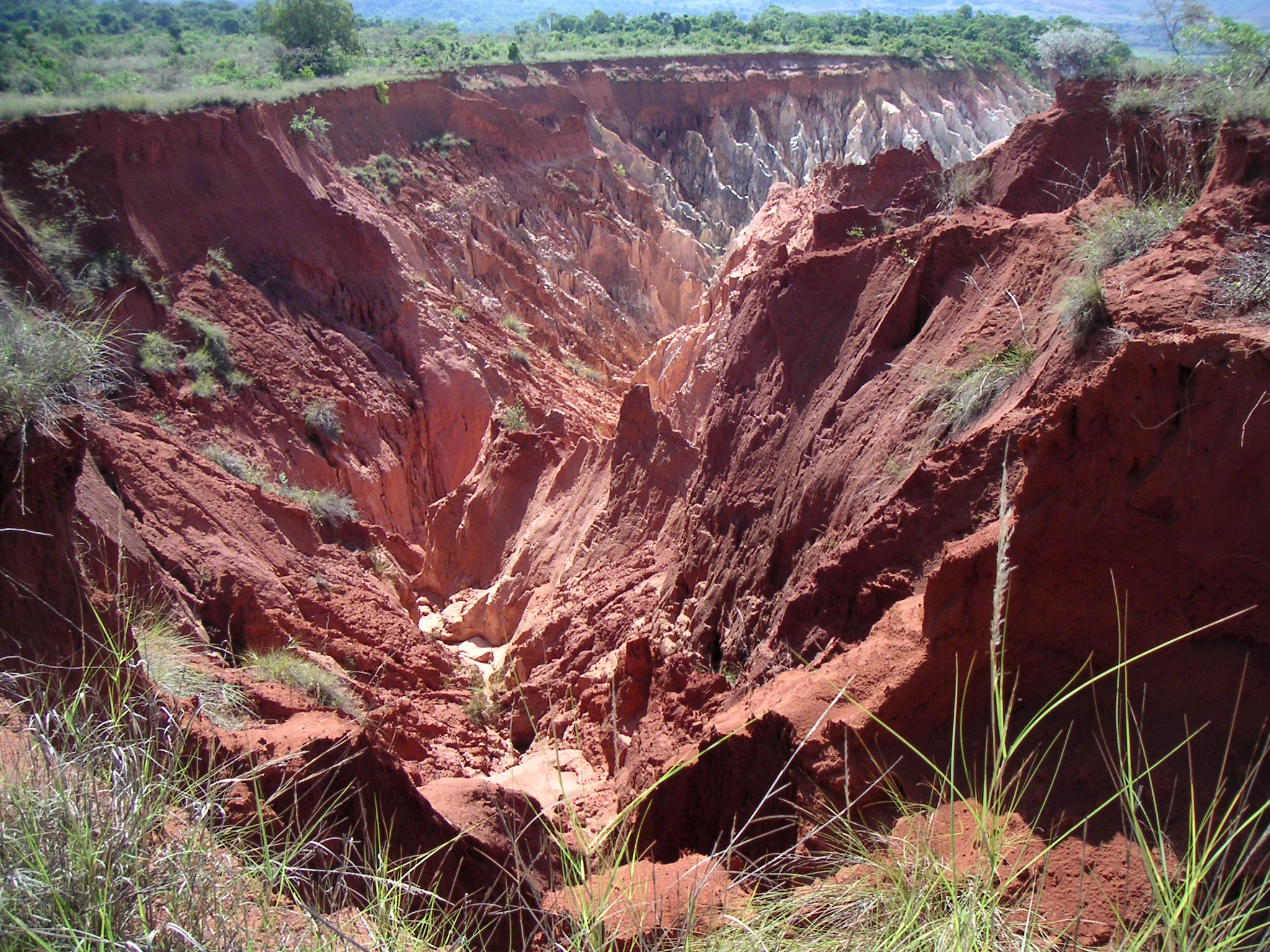As a child I loved to pick up rocks and marvel at their colors and textures. I had some fantastical ideas about why there were pink colors – dyed by the juice of sea anemones and fairy dust – and why some of stones were wound in beautifully tight bands – squids, wizards, and dandelions interlaced with seaweed and fairy hair. To me, rocks are a slowed down and tangible representation of a sentient and living world.
Later I became a geologist, out of reverence for the beauty of Mother Earth. I immersed myself deeply into the history and incredibly dynamic evolution of our home planet. I relished studying the grandiose display of geological formations that told of desert storms, dry periods, flash floods, and coral reefs teeming with shelled and boned life for millions of years. I intimately understood the minuscule time that we humans occupy as a species on this extraordinary globe.

Banded iron formations, Australia.
This stands in stark contrast is the educational and professional philosophy of our time, informed by the Scientific Revolution. When I went to university, I experienced dissonance with my inherent awe for this planet, to say the least. To be precise, the desecration of Mother Earth jars me to the bone to this day.
Francis Bacon (1561-1626), legal prosecutor, prolific philosopher and scientist of the Scientific Revolution, portrayed Nature as a female who was hiding her secrets. He wrote of the secrets “locked in nature’s bosom” or “laid up in the womb of nature” and said, “she would have to be forcibly penetrated in order to make her give them up”. In Bacon’s book titled “The masculine birth of time” he speaks of how nature must be made the slave of man. “Nature being known, it may be mastered, managed and used in the service of human life” as “the object of knowledge is the control of nature. Nature itself has no purpose”.
The thinly veiled violence and indifference to all life except humans is evident in our current scientific language and practices. Back then, I felt profoundly confused and disoriented, without being able to put it into words. I listened to my peers, and no one spoke openly about the dissonance. Yes, there was talk about environmental protection, but it was more of a niche thing than a mainstream mindset. The outlook on my potential careers was depressing. The industries that recruited most geology graduates actively, and offered attractive salaries and career prospects were focused on extraction – mainly the mining and oil & gas industries. I doubted whether I should continue my studies. I took time off to travel the world and experienced a pivoting encounter in the jungle of Borneo at the age of 23 – which I shall share another time- that instilled in me a deep sense of purpose and mission of changing the current exploitative system from within.
After my graduation, I worked in corporates for 15 years. To help them to become better citizens of the world, and I regret to say, with limited success. Given my academic background, initially I focused on technology and climate change mitigation project development. After years of pushing those boundaries, I realized that change happens in the hearts and minds of people. The separation of the mind from nature has inflicted a deep wound in our individual and collective psyche. The mindset that regards nature as an array of senseless resources to exploit without ethical consideration except in terms of the value it has to us humans continues to traumatize not only us, but all life on earth.

In Madagaskar, the soil erosion due to colonial deforestation leaves a gaping wound.
I believe that healing this wound will restore the balance of the world. Our civilization has also brought forth wondrous insights, technology and products that have never been here before. Never have so many tools been available that can help us engage with inner critics, limiting beliefs, and trauma so that we can prosper, thrive, and lead from the best version of ourselves. The great limitations of the past have been the access to knowledge and wisdom. It was usually reserved for a privileged few and unavailable to most people.
At HeartWork, we believe that the inner work is intimately connected to the outer work. By making good use of all the methods that can heal our collective and individual conditioning and trauma, we can liberate ourselves from a mindset that has brought so much grief to everyone. Lifting this delusion will help us engage with the natural world and all life on Earth with respect and reverence, bringing balance and reciprocity.
Our mission is to empower individuals to embark on this transformative journey, bridging the gap between human consciousness and environmental stewardship.
Please let us know what you think, we would love to hear from you via sendlove at heartwork dot earth.

